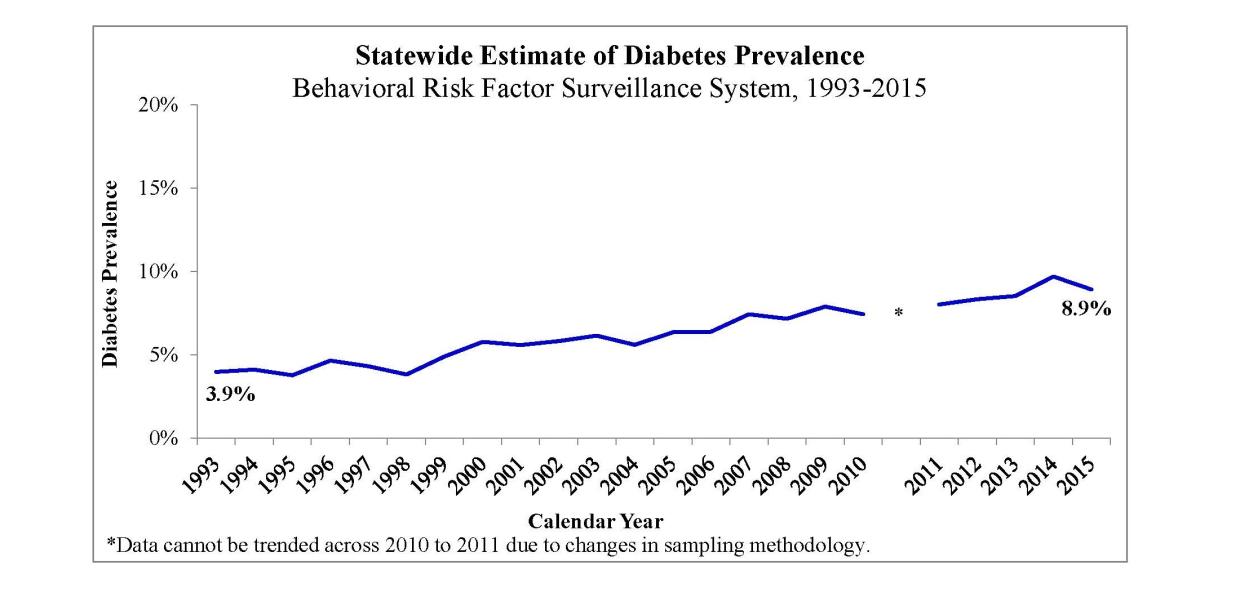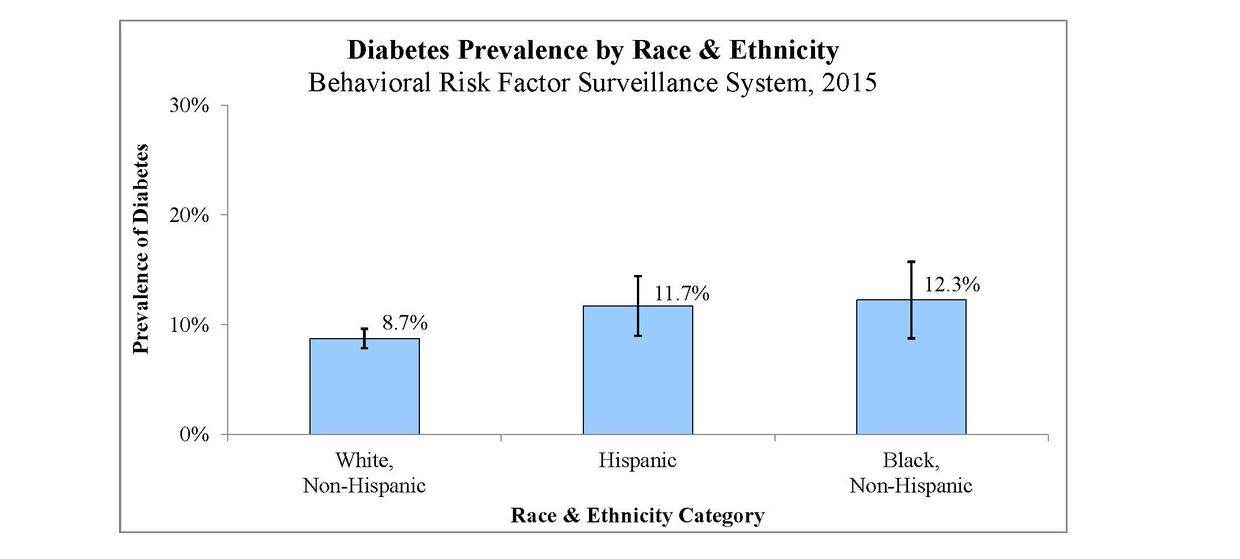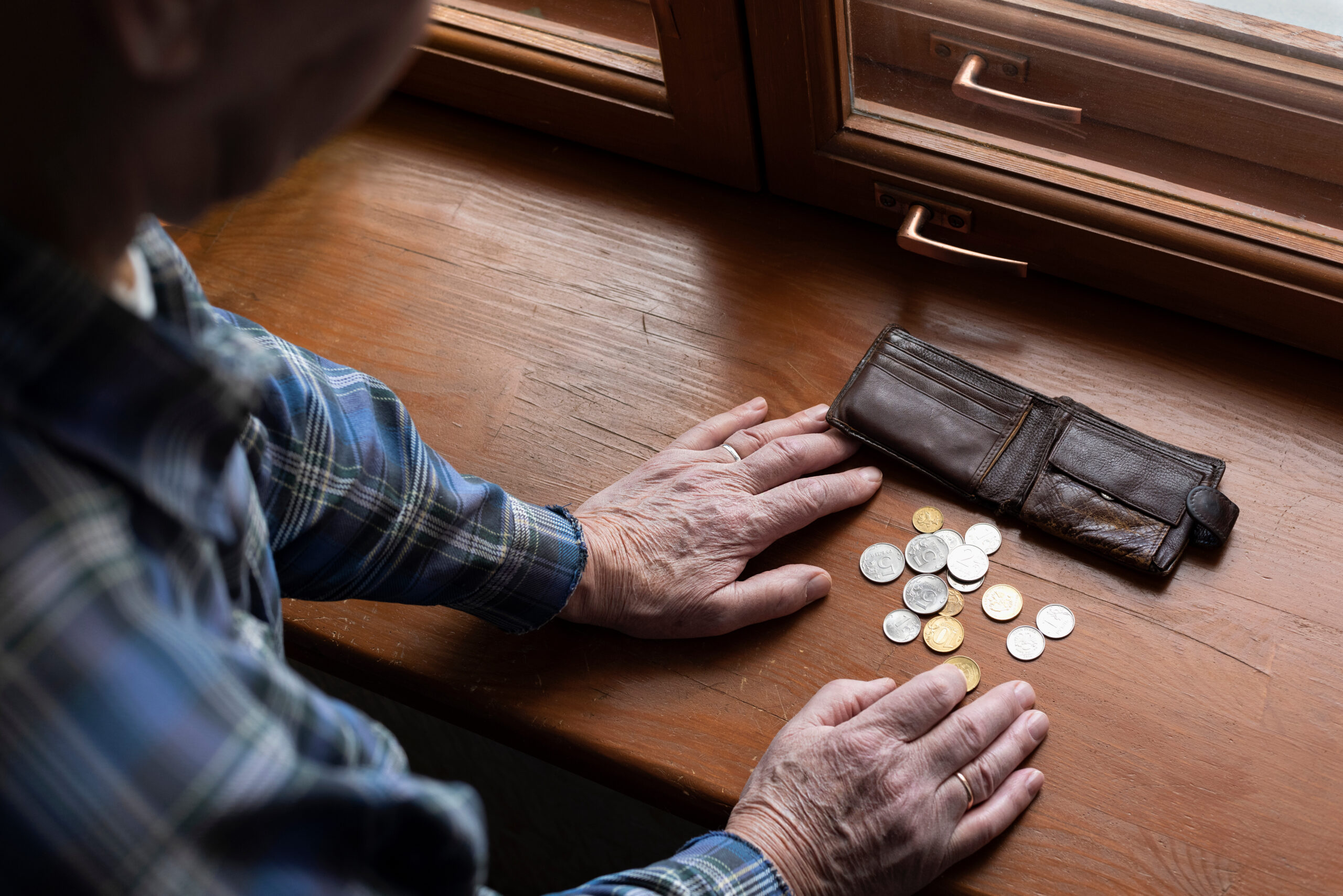Diabetes prevalence in Massachusetts has been steadily increasing. In 1993, an estimated 3.9% of Massachusetts residents had diabetes. By 2015, an estimated 8.9% of Massachusetts residents had diabetes — more than double the amount in just 22 years.
According to the Massachusetts Department of Public Health, Hispanic Massachusetts residents (11.7%) have higher rates of diabetes compared to White non-Hispanic Massachusetts residents (8.7%).
Hispanics – Latinos are more likely than the general population to develop diabetes. It is estimated that 2.5 million, or 10.4-percent of Hispanic and Latino Americans aged 20 and older have diabetes. Hispanics also are more likely to have undiagnosed diabetes than non-Hispanic whites and non-Hispanic blacks.
November is Diabetes Awareness Month and Massachusetts Latino News (MALN) is curating valuable information to help people better understand the debilitating disease, how to better manage it, and how to prevent it.

Of the approximately 680,771 people in Massachusetts or 11.9% of the adult population, have diabetes. Of these an estimated 162,000 have diabetes but
don’t know it, greatly increasing their health risk.
Risk factors include:
- Being overweight
- Having a parent, brother, or sister with diabetes
- Being older than age 45
- Having had diabetes when pregnant
People of color living in Massachusetts have higher rates of diabetes compared to White non-Hispanics living in Massachusetts.
Nearly half of Hispanic children born in the year 2000 are likely to develop diabetes during their lives.

Diabetes increases the risk of:
- Heart disease
- Hospitalizations
- Lower extremity amputations
- Kidney disease
- Vision loss
- Death
Diabetes cannot be cured, but it is possible to control diabetes through medical management and lifestyle changes such as eating a healthy diet and getting daily exercise. Smoking increases the risk of problems associated with diabetes such as stroke and heart disease. Therefore, if you smoke, get help to quit. Certain types of diabetes can be prevented. Studies have shown that moderate amounts of exercise and a healthy diet can delay and possibly prevent Type 2 (non-insulin-dependent or adult-onset) diabetes. If a person develops diabetes despite these efforts, many complications of diabetes can be prevented through careful monitoring and working with a health care provider.
Diabetes is expensive:
Diabetes and prediabetes cost an estimated $8.1 billion in Massachusetts each year. The serious include heart disease, stroke, amputation, end-stage kidney disease, blindness – and death.
Total direct medical expenses for diagnosed and undiagnosed diabetes, prediabetes, and gestational diabetes in Massachusetts was estimated at $6.1 billion in 2012.
In addition, another $2 billion was spent on indirect costs from lost productivity due to diabetes.
Where can I get more information?
American Diabetes Association:
http://www.diabetes.org/in-my-community/programs/latino-programs/
National Diabetes Education Program:
http://www.ndep.nih.gov/i-have-diabetes/tengodiabetes.aspx
National Alliance for Hispanic Health:
http://www.hispanichealth.org/programs/diabetes.aspx
U.S. Centers for Disease Control and Prevention:
http://www.cdc.gov/diabetes/projects/index.htm




